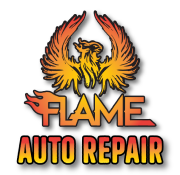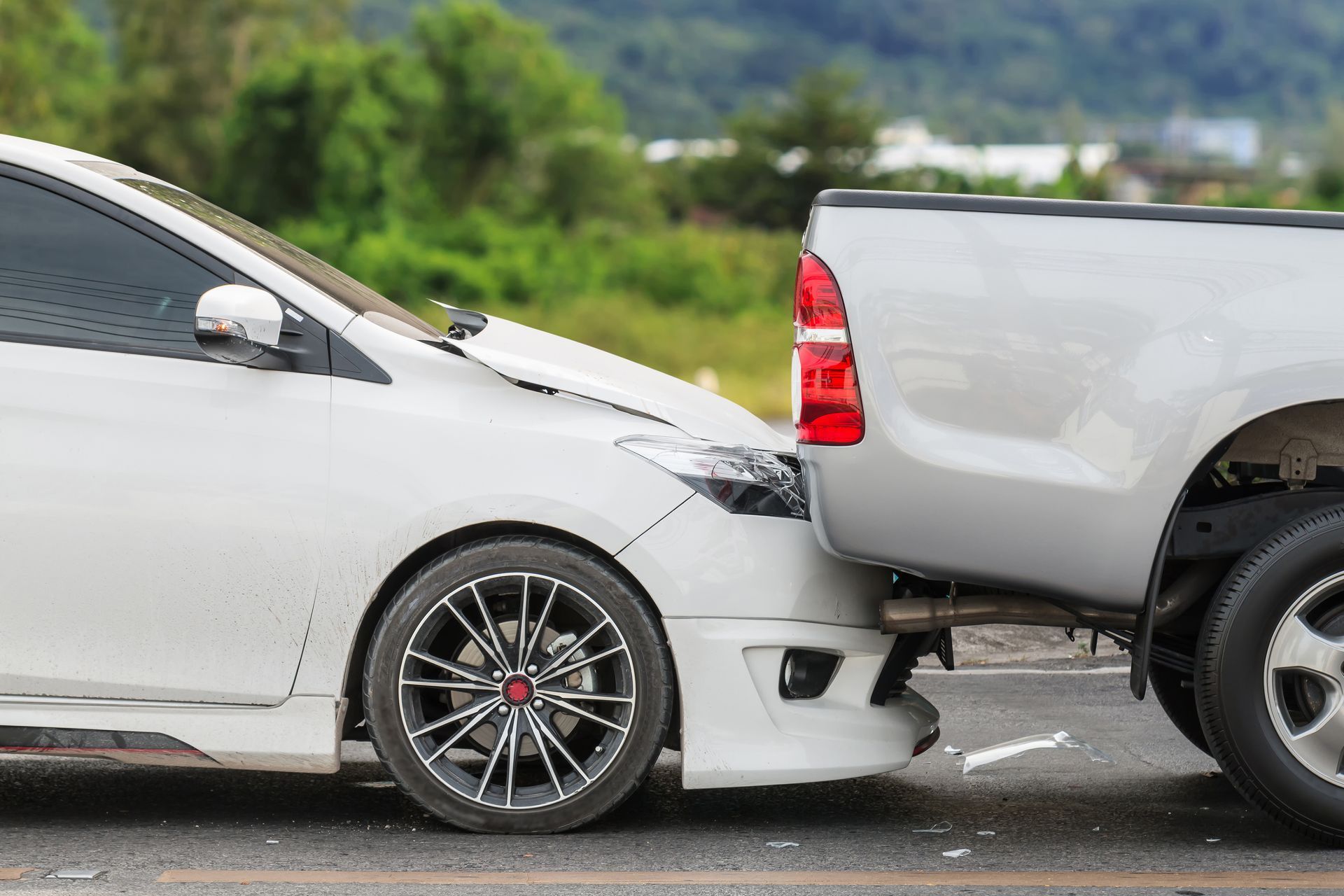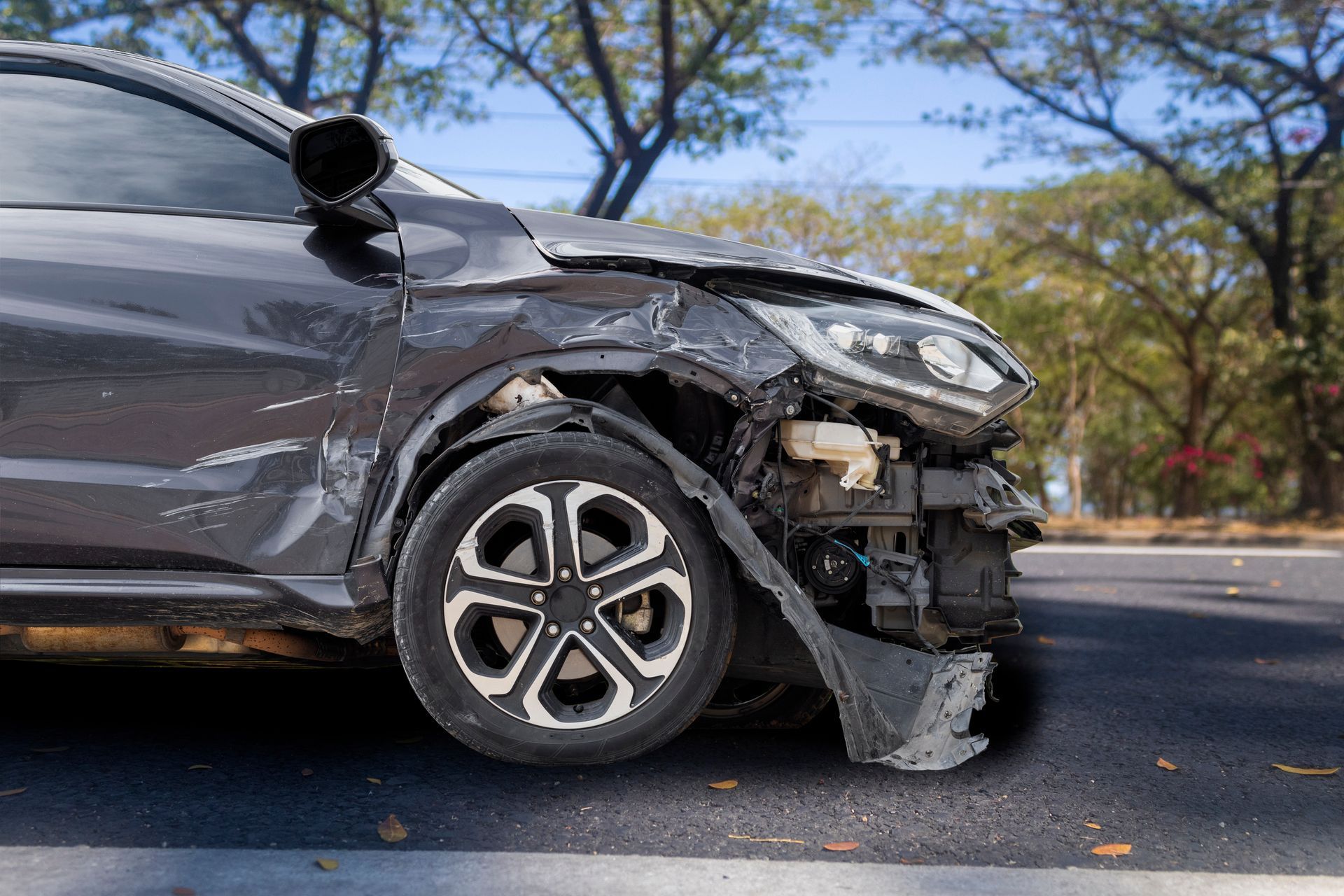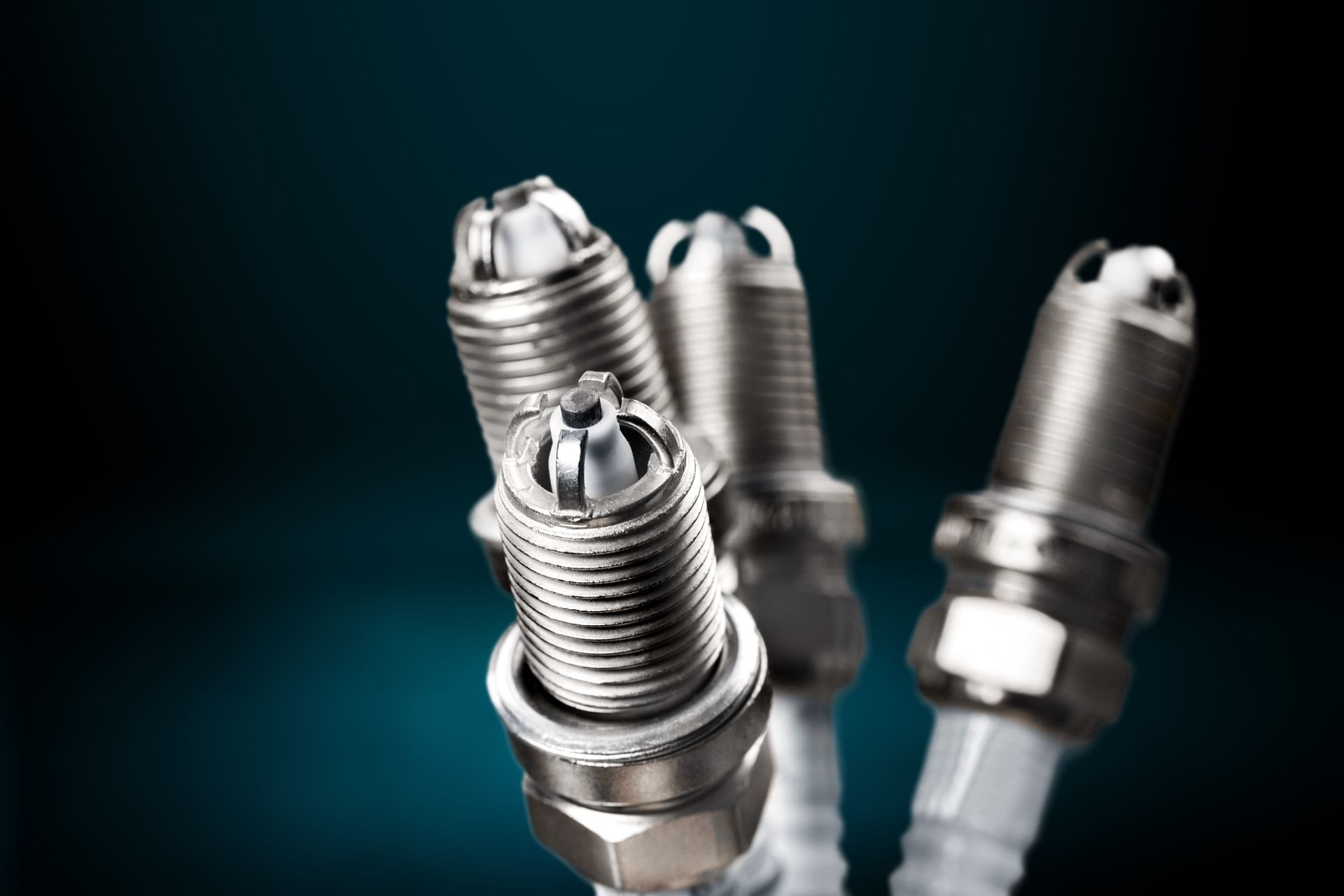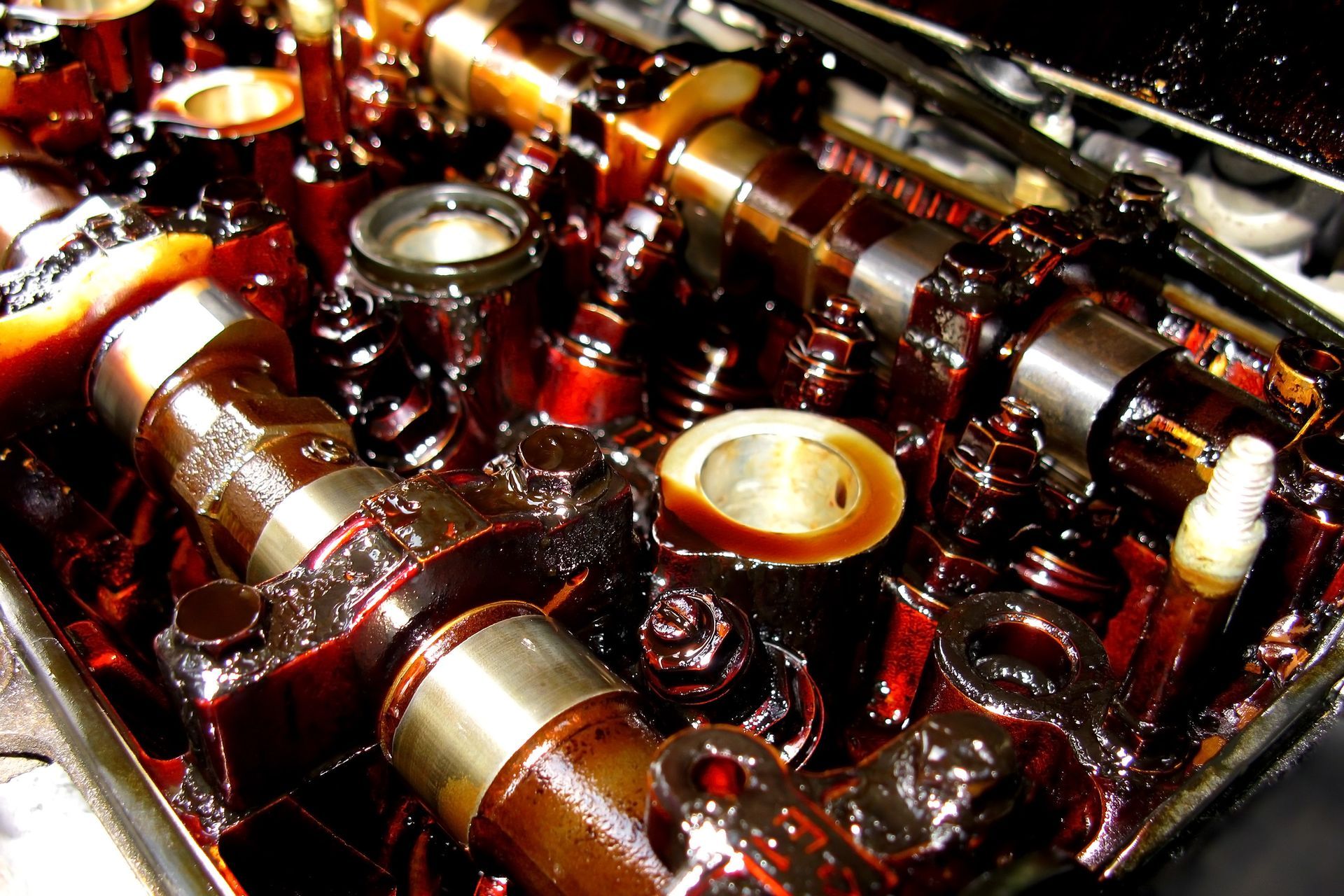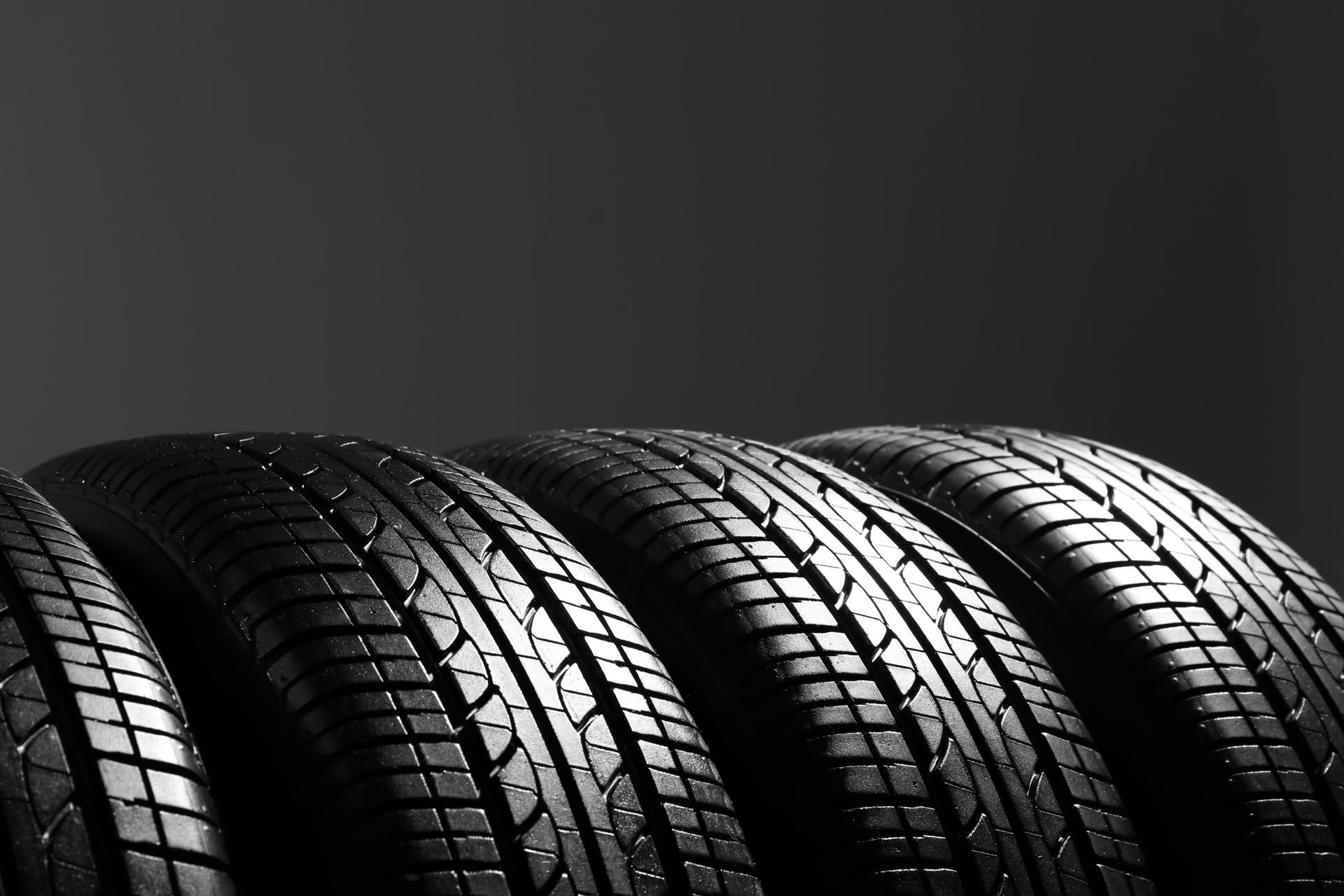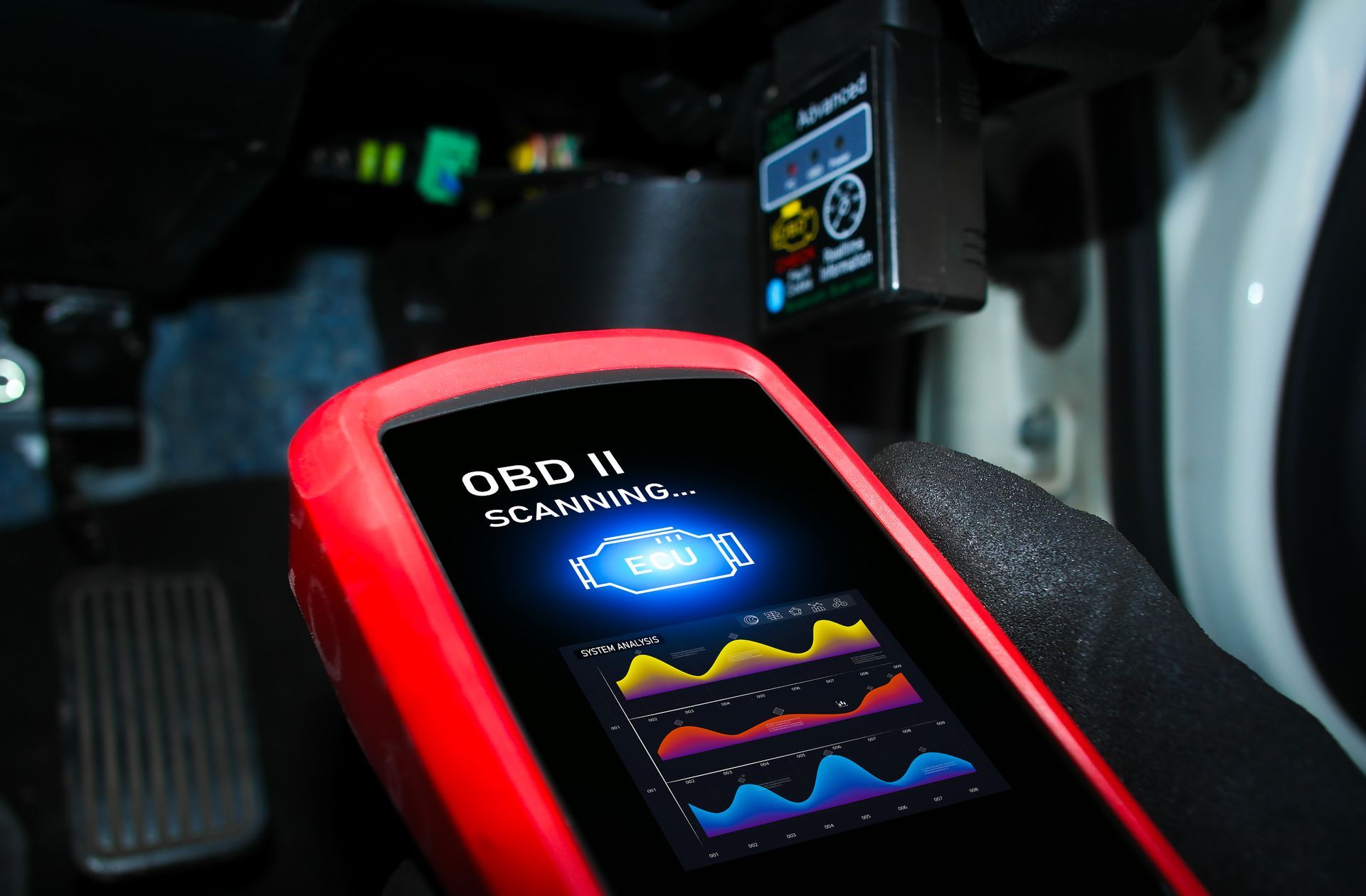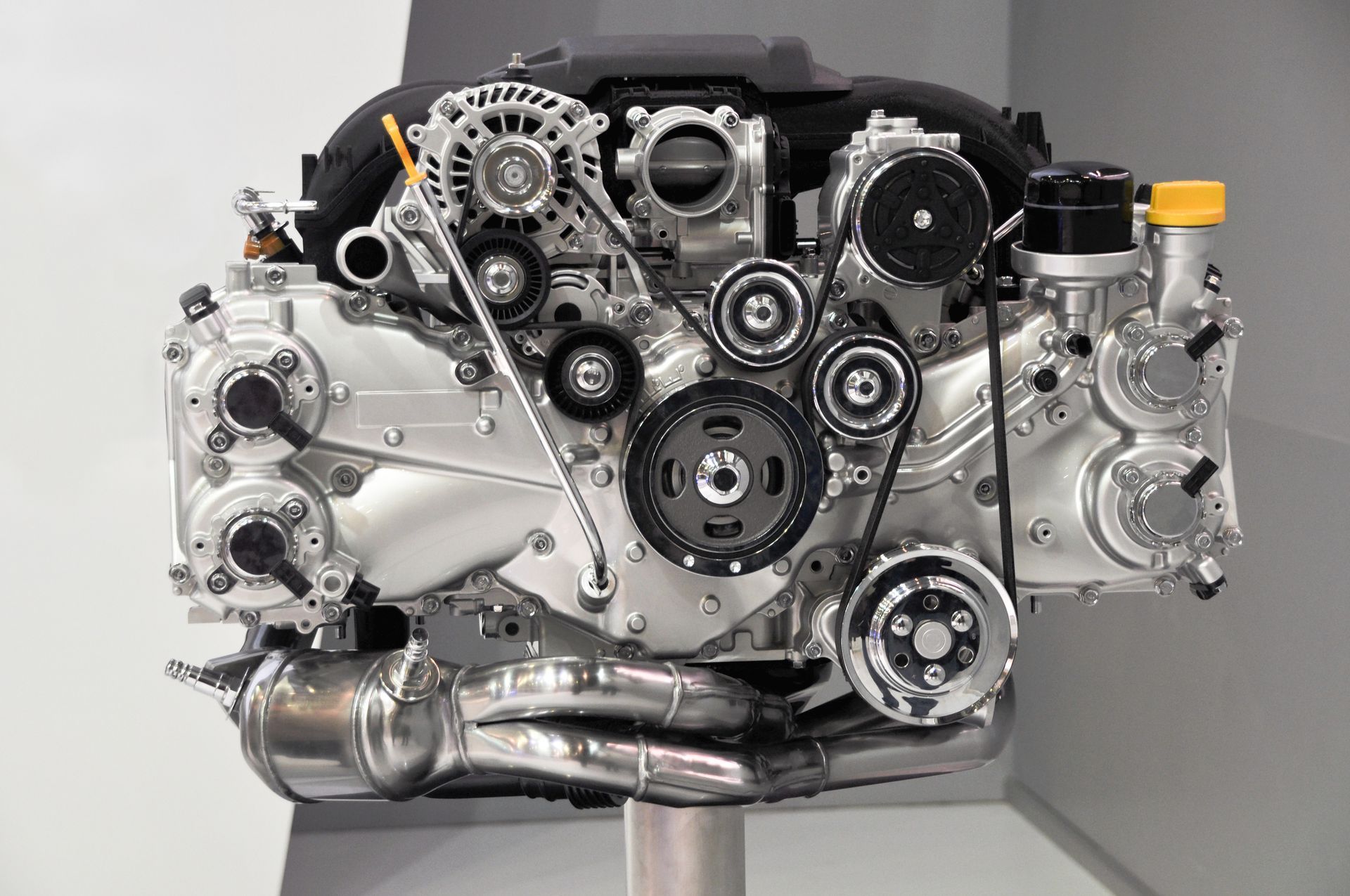In Florida’s sweltering summer weather, it’s not unusual to feel sluggish in the heat. But if your car is also struggling to accelerate on hot days, there’s more going on than just the temperature. While most vehicles are designed to withstand a wide range of environmental conditions, prolonged exposure to heat can push critical systems to their limits. If your car feels hesitant, sluggish, or unresponsive when you press the gas, it may be reacting to heat-related issues that need attention.
Let’s look at some of the most common reasons your car might be having trouble accelerating when it’s hot outside.
Engine Performance and Air Density
Your engine depends on a careful mix of air and fuel for combustion. On hot days, the air becomes less dense, which means there’s less oxygen available for combustion. This can slightly reduce engine power, especially in naturally aspirated engines that rely on atmospheric air pressure.
Turbocharged engines are a bit more resilient since the turbo forces more air into the combustion chamber, but even they can struggle if the intake air is too warm. This is why some vehicles come equipped with intercoolers or cold-air intake systems—to help mitigate this very issue.
Fuel System Stress
Heat can affect your fuel system in a few key ways. First, high temperatures increase the risk of vapor lock, especially in older vehicles. Vapor lock occurs when fuel turns into vapor in the fuel line before it reaches the engine. The result? A lack of fuel delivery leads to hesitation or stalling.
In modern cars, heat can still affect fuel pump performance. If the pump is aging or weak, it may not be able to maintain the proper fuel pressure when temperatures rise and demand increases. This results in sluggish acceleration or occasional engine misfires.
Transmission Overheating
Automatic transmissions are sensitive to temperature changes. As fluid heats up, it thins out, and if it’s not in good condition or at the correct level, shifting becomes delayed or erratic. If your car seems to hesitate before shifting gears or stays in lower gears longer than normal, overheating transmission fluid could be the cause.
In severe cases, the transmission control module may even reduce engine power to prevent damage, further limiting acceleration.
Engine Cooling System Limitations
When it’s extremely hot, your cooling system works overtime to keep the engine from overheating. If any component, like the radiator, water pump, thermostat, or cooling fan, isn’t functioning optimally, the engine may begin to overheat under load. Modern engines are designed to protect themselves by entering a “limp mode” or reducing power output when they get too hot.
You may not even see a warning light right away. Instead, you’ll feel the car lag or resist acceleration, particularly during stop-and-go traffic or uphill climbs.
A/C System Load
Running your A/C on full blast puts additional strain on the engine. While this is usually not an issue in a well-maintained car, if your engine is already struggling due to heat or age, the extra load can tip it over the edge. Some drivers report a noticeable dip in performance when the A/C compressor kicks in, particularly at lower speeds.
If the compressor is drawing too much power or the serpentine belt driving it is worn, it could cause a temporary drop in acceleration.
Sensor and ECU Responses
Today’s cars are controlled by computers that constantly monitor and adjust engine performance. Heat affects sensor readings, including those from the mass airflow sensor, intake air temperature sensor, and engine coolant temperature sensor. If these sensors are faulty or dirty, they might provide inaccurate data, causing the ECU to adjust fuel delivery or timing incorrectly.
This miscommunication can result in sluggish acceleration, poor fuel economy, or even stalling in extreme cases.
Clogged Air Filters and Intake Restrictions
In the summer, dusty roads and pollen-filled air can clog your intake filters faster than usual. A clogged air filter restricts airflow into the engine, which is already dealing with low-density air from the heat. Combine the two, and you’ll notice a significant drop in throttle response and acceleration.
Replacing a dirty air filter is one of the simplest and most cost-effective ways to restore performance.
What You Can Do to Stay Ahead of the Problem
If you’ve noticed your vehicle is sluggish during hot days, start with a basic inspection. Check your air filter, coolant level, and transmission fluid. If everything looks good, a diagnostic check can help pinpoint deeper issues like failing sensors, weak fuel delivery, or A/C system drag.
Keeping up with scheduled maintenance is your best defense against performance issues caused by heat. Regular oil changes, cooling system flushes, fuel system cleaning, and sensor inspections go a long way toward keeping your engine running strong, even in Florida’s summer heat.
Restore Performance at Flame Auto Repair in Hollywood, FL
Don’t let high temperatures rob your vehicle of its performance. Whether it’s an airflow issue, a fuel delivery problem, or a sensor misreading in the heat, our team can identify the root cause and get your car back to full strength.
Call
Flame Auto Repair in Hollywood, FL, today to schedule a performance inspection. Let us help your car handle the summer heat with confidence and power.
